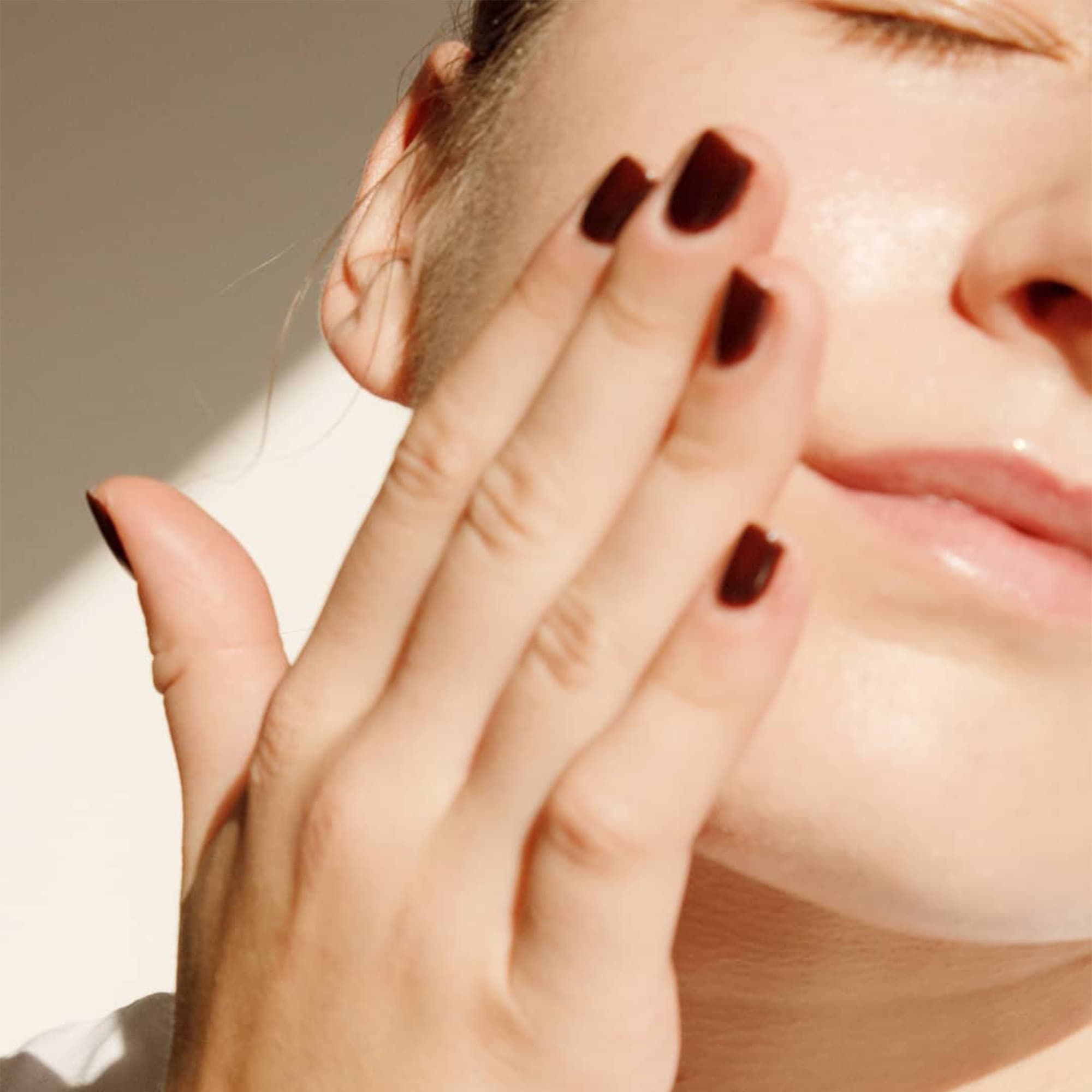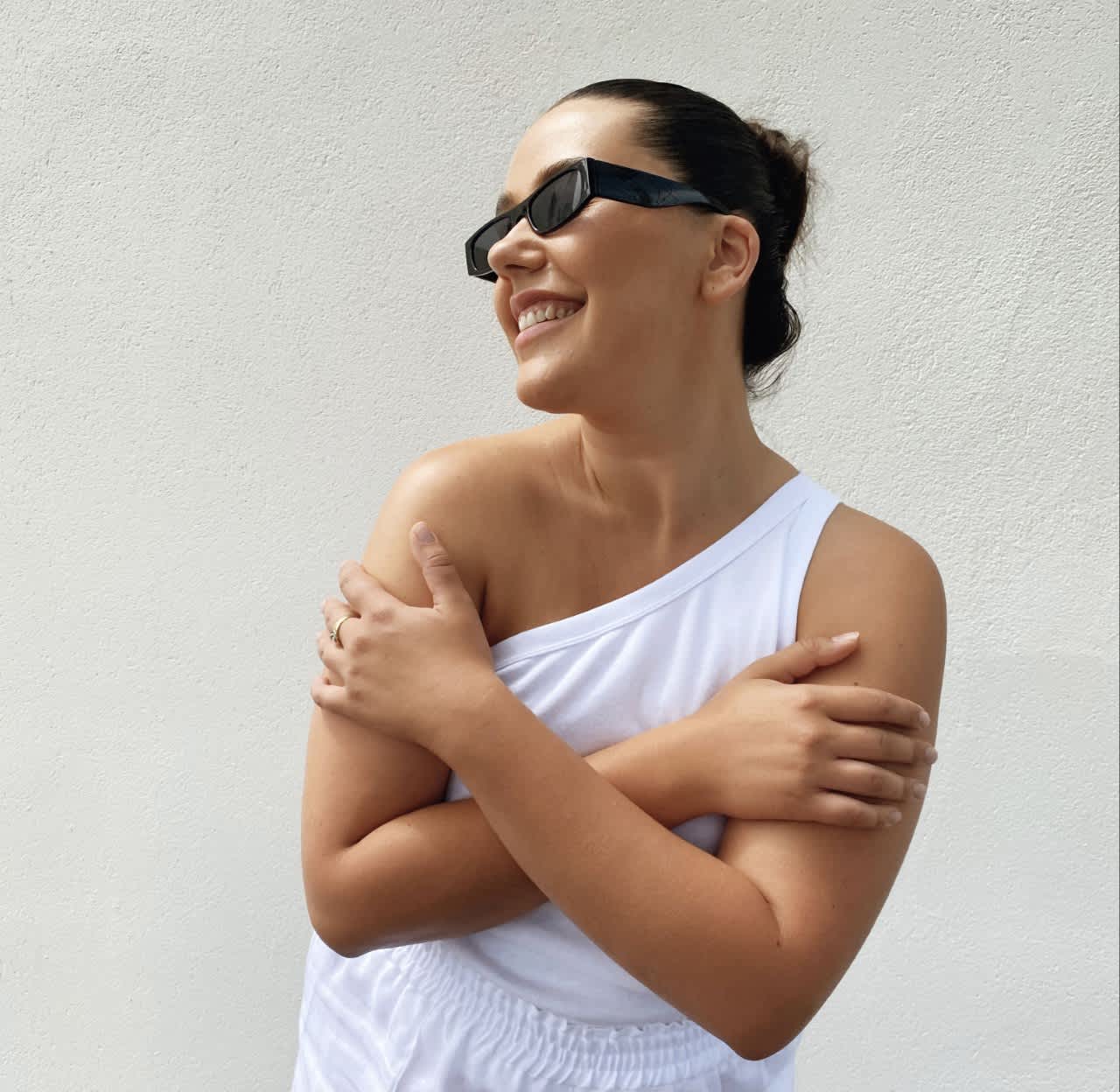
- POPSUGAR Australia
- Beauty
- Dreaming of Summer? Here’s How to Get Your Skin Ready For the Warmer Weather
Dreaming of Summer? Here’s How to Get Your Skin Ready For the Warmer Weather

Okay, yes, we’re all getting a little bit excited for summer. Now that’s it’s started to warm up and restrictions are slowly starting to ease, we’re allowing ourselves to look forward to Australia’s best season.
But one thing that lockdown has been good for is finessing our skincare routines. We’ve been able to test out new products without having to worry about a breakout before a social event, we’ve had the time to research products that are perfect for our skin types and spend time carving out a routine for ourselves.
Given this, we want to keep our healthy-feeling skin at a gorgeous glow right through the summer months. I don’t know about you, but I’m a little anxious that my skin will start playing up with the change in weather and adjusting to wearing makeup again. So, what can we do to prepare our skin for summer?
POPSUGAR Australia chatted to Biologi’s Dermal Specialist, Lucy Macdougald, for some answers (and a few product recommendations).
Here are Macdouglad’s five tips to prepping your skin for the summer months:
Exfoliate
Exfoliation is an essential part of a skincare routine because it encourages a healthy cellular turnover and keeps pores free from bacteria and dead skin cells (which can damage the delicate dermal layer leading to dry, sore patches).
What many people don’t realise is that the types of products and how often they use them to exfoliate can often lead to irritation. Whilst grainy scrubs can be popular, overuse of these types of products can cause micro-tears in the skin that lead to dryness and irritation.
Try to exfoliate your face (and body) just once a week or twice if absolutely necessary. Consider a light granular exfoliant that can be gentle on the skin but still pack a punch or an enzyme exfoliation using natural fruit sources.
Hydrate, Hydrate, Hydrate
One of the easiest ways to get glowing skin for summer (and year-round) is to get hydrated. Drinking water promotes the skin’s natural hydration processes to strengthen cells and improve function. Try to drink a minimum of two to three litres of water a day to give your skin cells a natural helping hand.
The reason water is so important is because a lack of hydration can irritate damaged skin cells and cause your skin to look dry, dull and in some cases, feel itchy. Dry skin can also make your overall tone and complexion appear uneven, and fine lines can be more noticeable. Ensure that you keep your skin internally and externally hydrated through the consumption of lots of water and the application of hydrating skincare products.
Incorporate Antioxidants
‘Antioxidants’ is the umbrella term for naturally occurring phyto actives like vitamin C, polyphenols and phenolic acids, which can be found in most plants. Antioxidants are basically as close as we can get to the fountain of youth in skincare products, helping to delay skin ageing by providing the skin with hydration, increased moisture retention and protection from further damage.
When we’re talking about antioxidants in skincare, we have to remember that our skin is our largest organ and antioxidants are the thing that protects our skin. Antioxidants are particularly great all year round because they can help fight environmental exposure which causes excess-free radicals.
When you’re not protecting your skin and amp-ing up its access to antioxidants, skin can appear lacklustre, be prone to breakouts and show signs of ageing. The most popular choice of antioxidants is vitamin C, thanks to its ability to fight free radicals, boost collagen production and fade dark spots.
Product recommendation: Biologi’s Bf Restore Face and Body Serum boasts the only natural vitamin C in skincare available in the world, thanks to Biologi’s world-first extraction technique that takes pure serum from the plant and places it in your bottle, so the product works on your skin exactly as it does in the plant. The serum taps into the beauty of nature, delivering a world-first of 100 per cent active vitamin C for the skin (not synthetic ascorbic acid).
This means that your skin gets nutrients that are highly efficient and effective without any synthetic additives. Vitamin C is an incredibly protective ingredient that defends your skin from environmental damage and helps to brighten the skin and reduce pigmentation. Vitamin C also works to reduce the pain and discomfort of redness, flakiness and itching of the skin.
Switch to a Lightweight Serum
As the weather and humidity start to heat up, put away those heavy moisturisers and day creams and switch to a lightweight serum. Serums are a great option for warmer weather because they won’t feel heavy on the skin yet they’re still full of moisturising ingredients.
The heavier the creams you use in warmer weather are only going to feel sticky on your skin and risk clogging your pores (especially when mixed with things like sweat)! Bear this in mind when looking at your entire skincare routine. Ultimately try to avoid layering too many skincare products, for this reason, so look for products that will do a few things at once — hydrate, radiate, reduce blemishes, target fine lines and protect the skin.
Product recommendations: Biologi’s Bd Luminosity Face Serum was created with this purpose in mind. It’s a storehouse of antioxidants that leaves skin looking refreshed, radiant and luminous. It’s an excellent source of tartaric acid which works to dissolve the natural ‘glue’ that binds cells together (so can help with natural exfoliation too).
Up Your SPF Game
Recent research published in the Australasian Journal of Dermatology has shown 85 per cent of Australians don’t apply enough sunscreen. That’s likely because most people don’t realise how much they actually need. According to Cancer Council Australia, you should be using at least seven teaspoons of sunscreen, which equates to roughly one teaspoon per body part.
It’s a little-known fact that most sunscreens only protect against UVB rays (the ones that cause the burning). To protect against harmful UVA rays (ultimately, the ones which can cause the most long-term damage), always opt for a ‘broad-spectrum’ sunscreen. If this isn’t indicated clearly on the label, it’s safe to assume the product does not offer the full protection healthy cells need.
It’s also good to remember that once you’ve applied sunscreen, you need to continue applying throughout the day. As a general rule, you should be applying sunscreen 20 minutes before sun exposure and then every two hours after that.
There are some ‘better than others’ sunscreen brands on the market like Ultra Violette that are less thick, lighter consistency and offer quicker absorption. These types of formulas can be a lot easier to apply compared to those thick and white competing brands and will still ensure great coverage.



